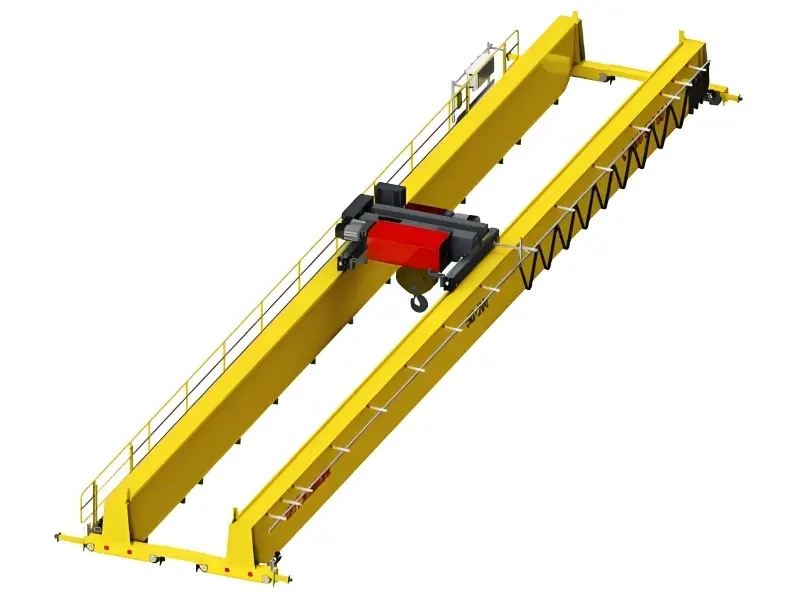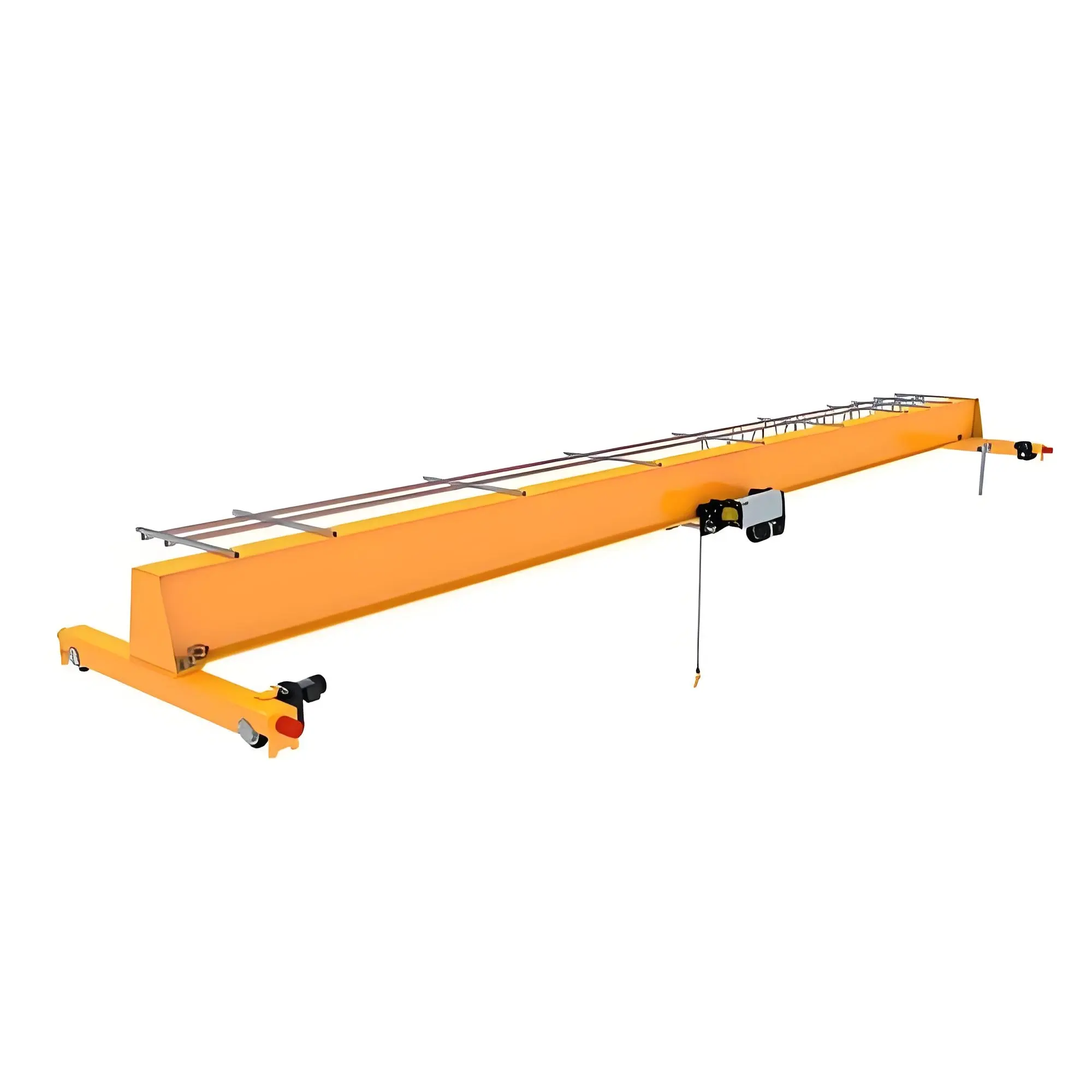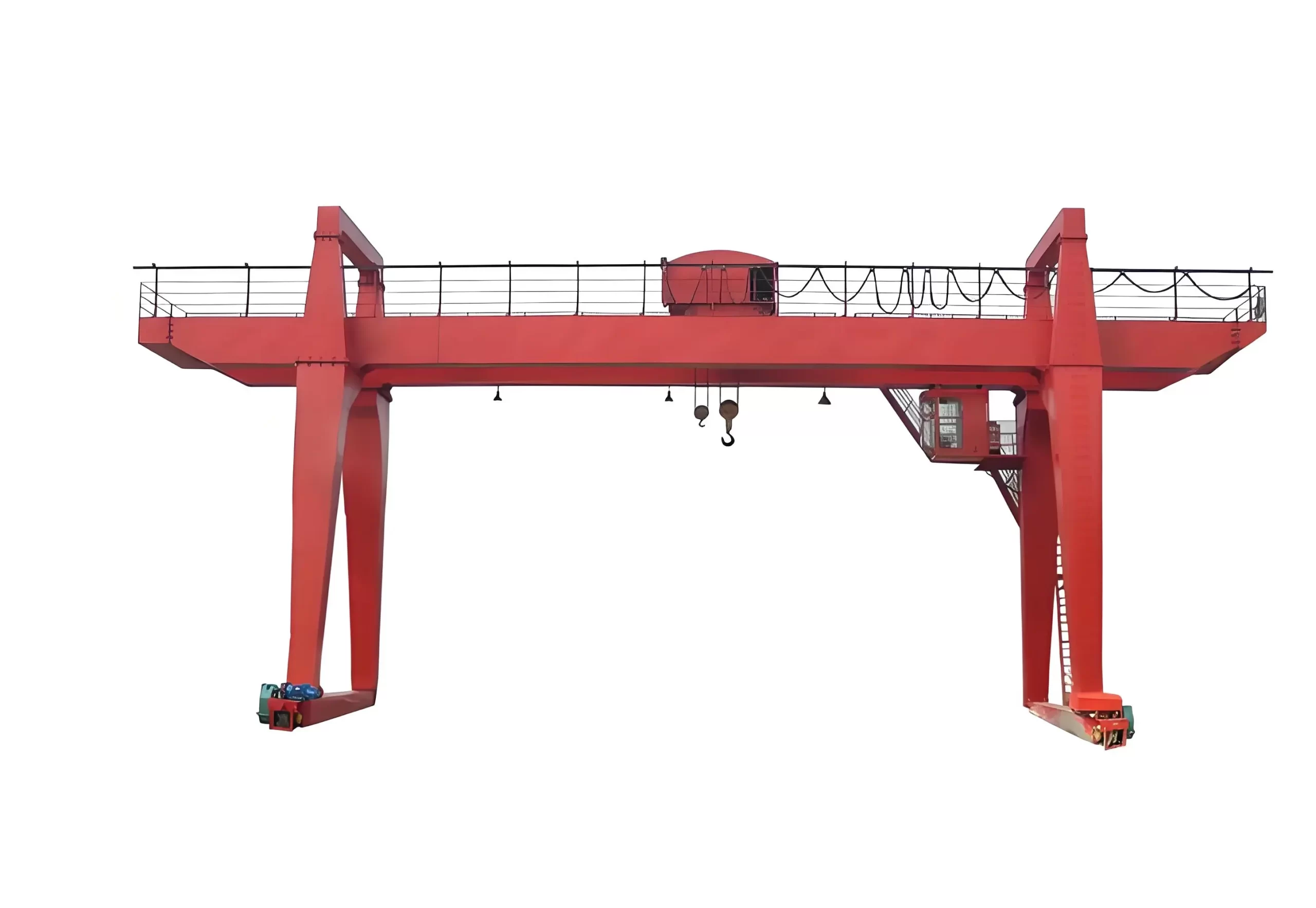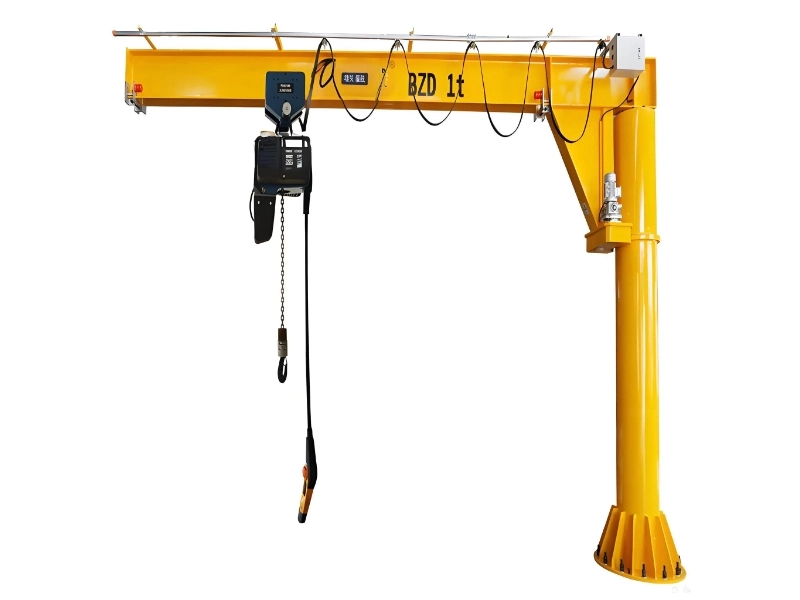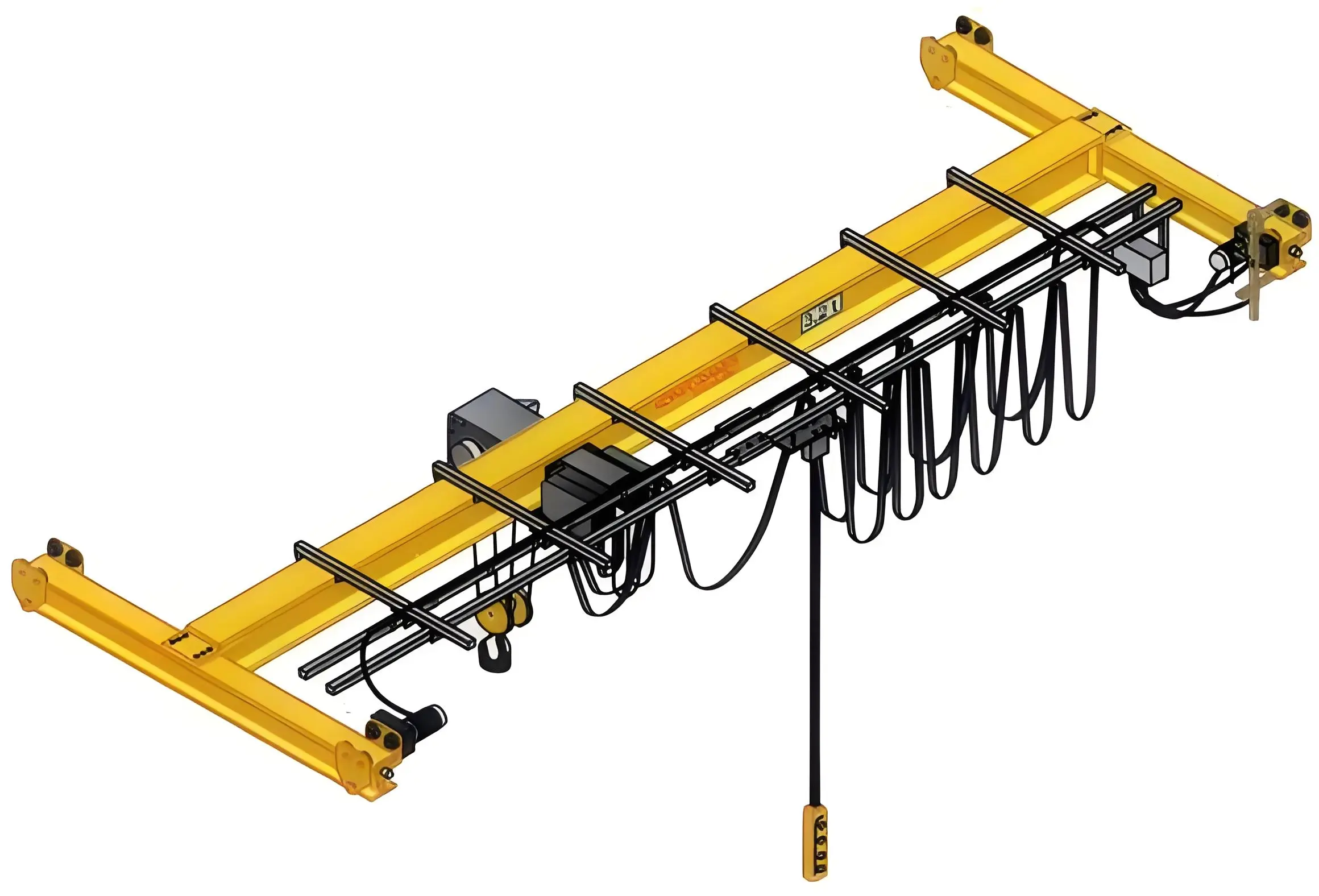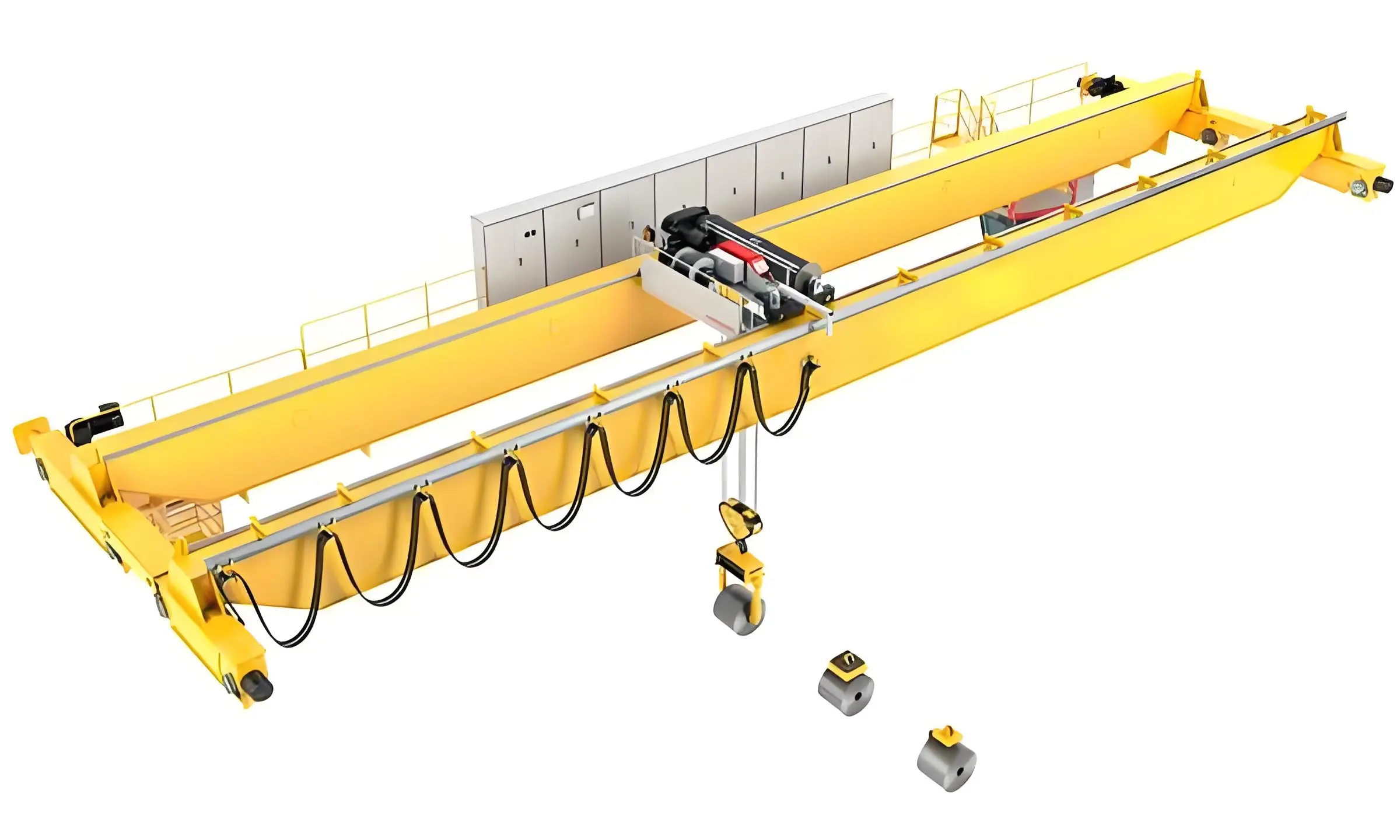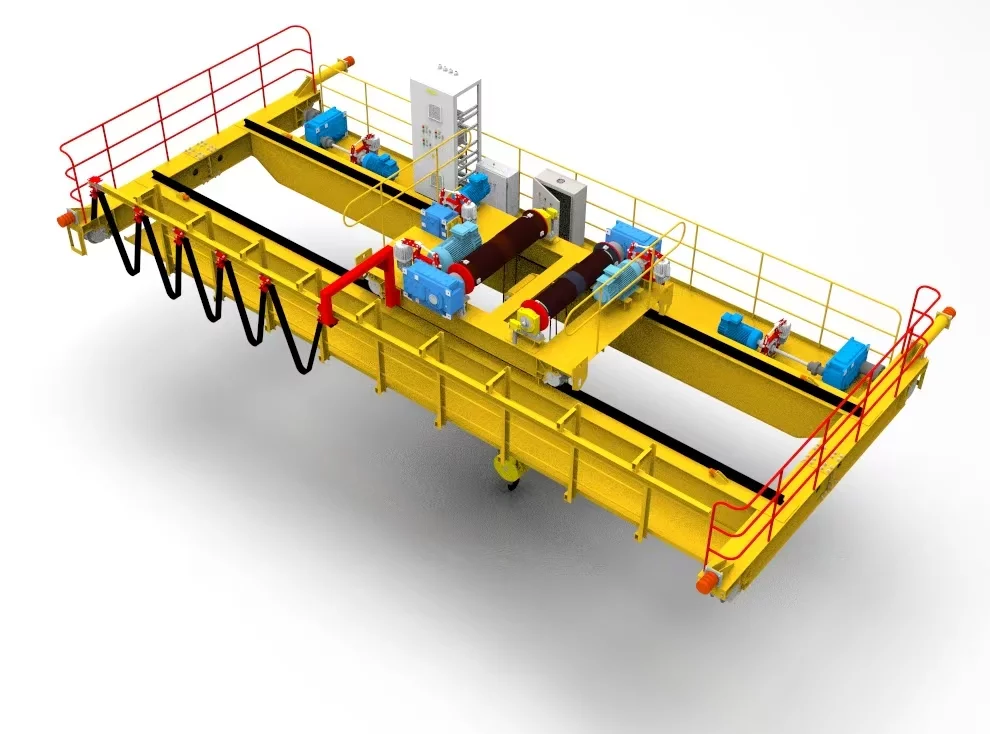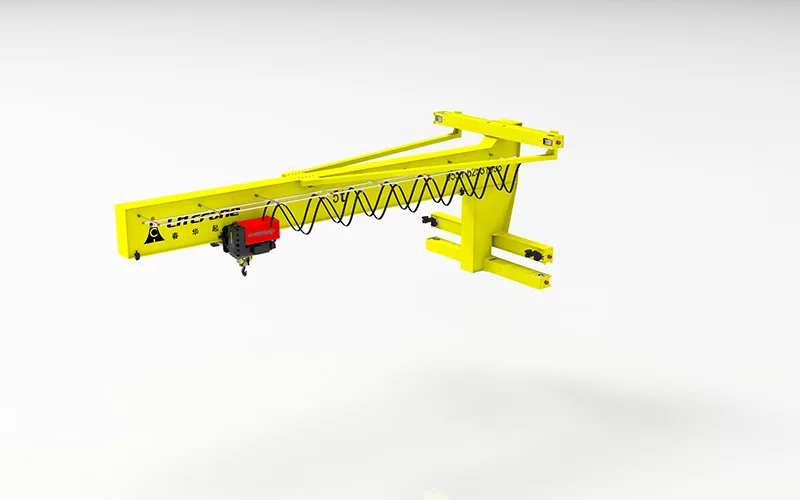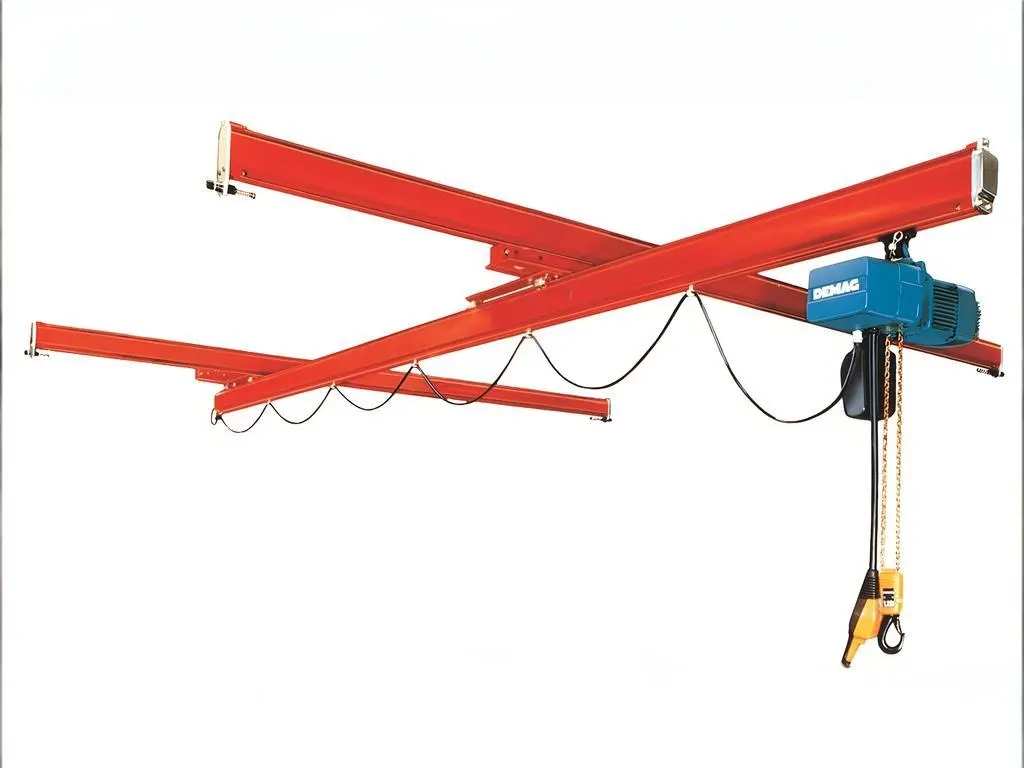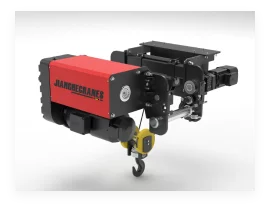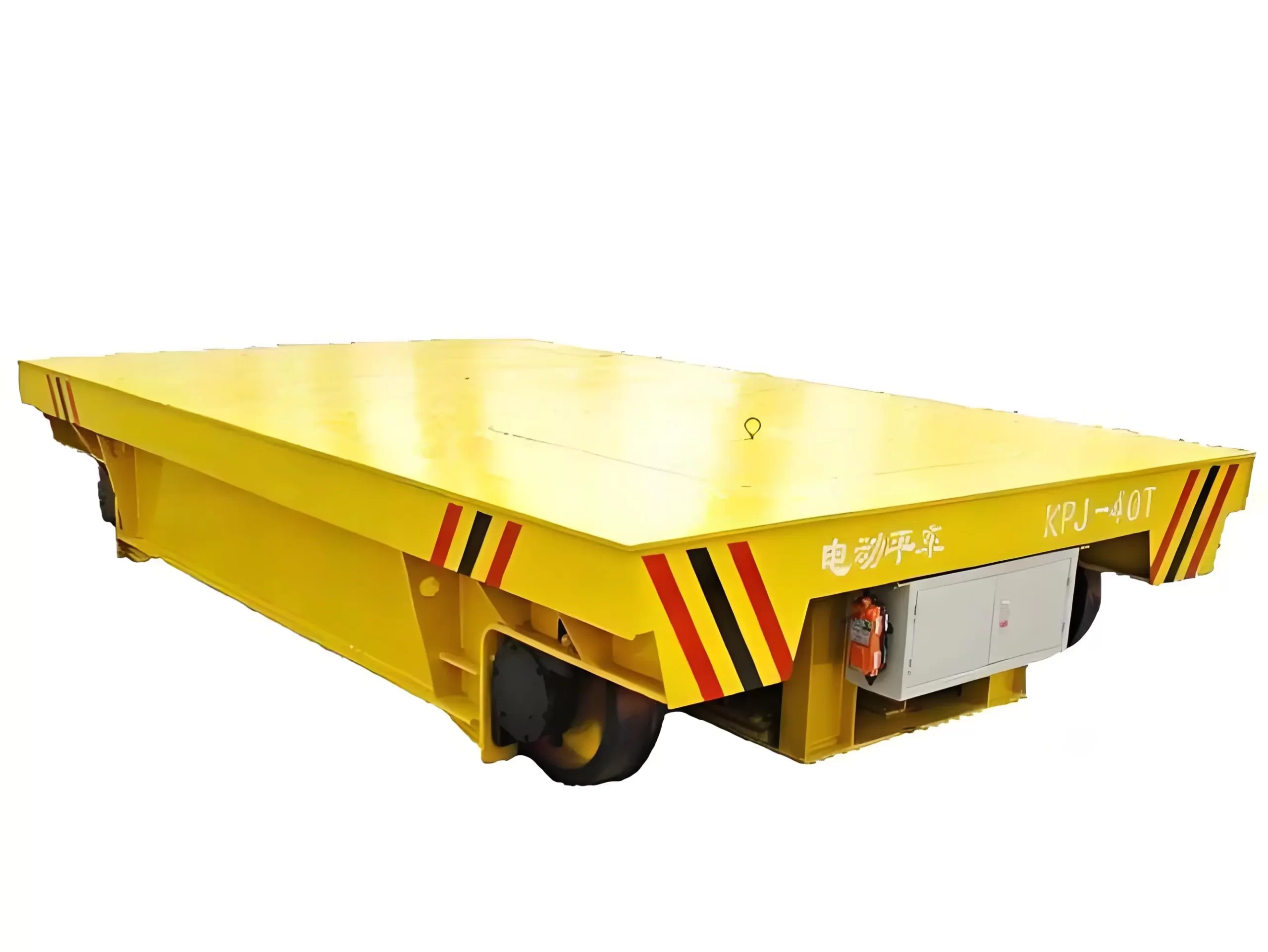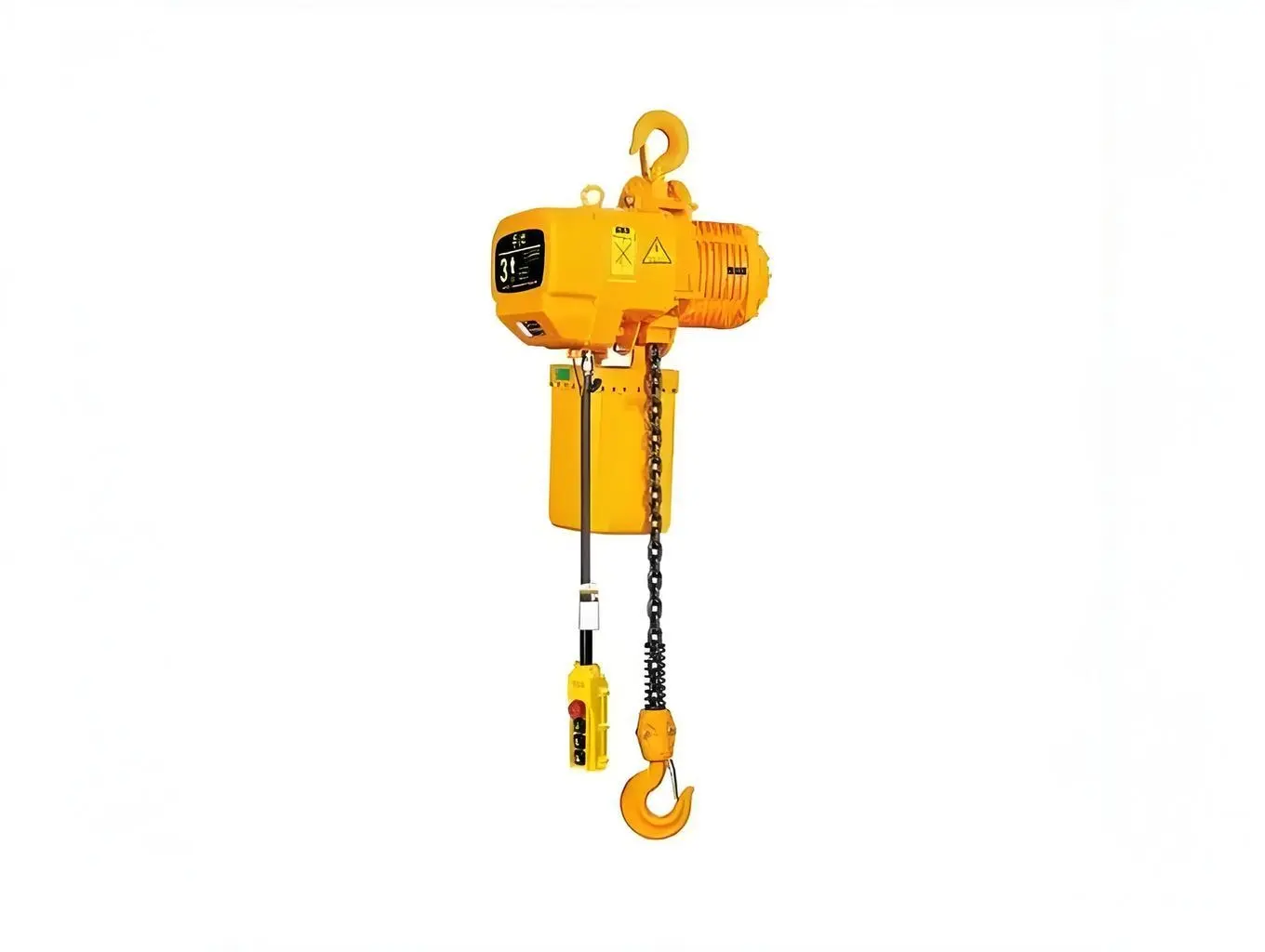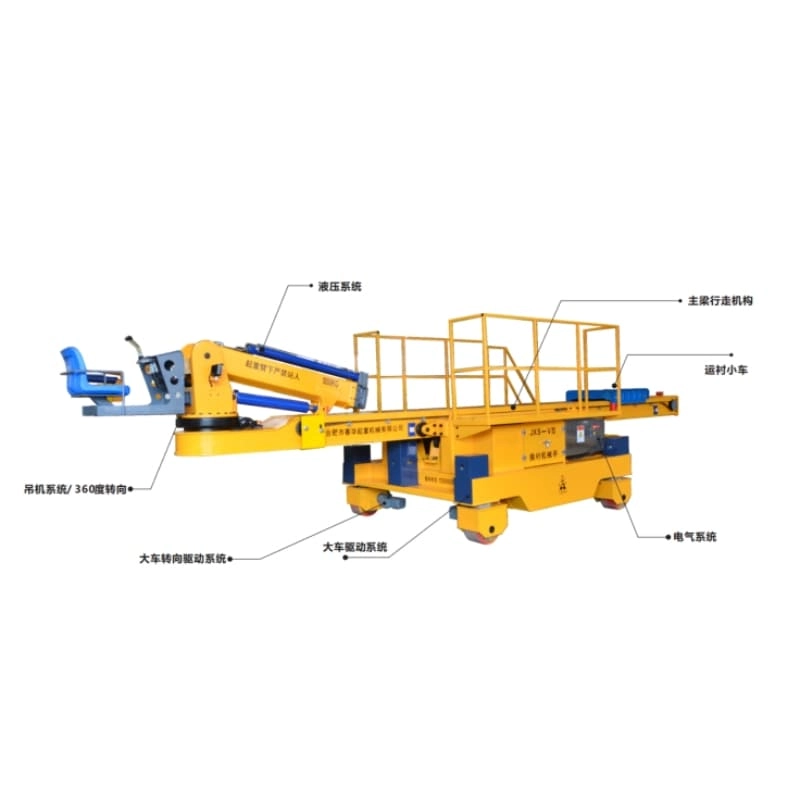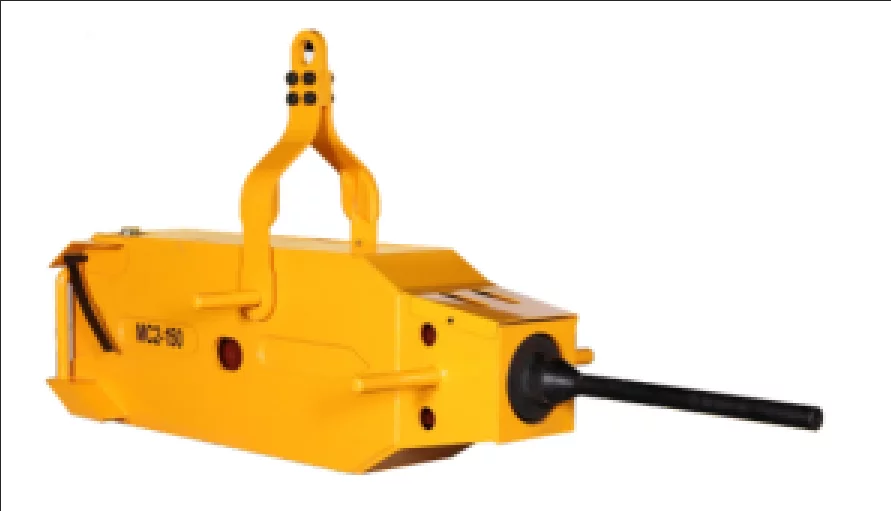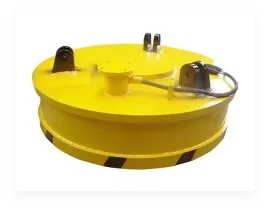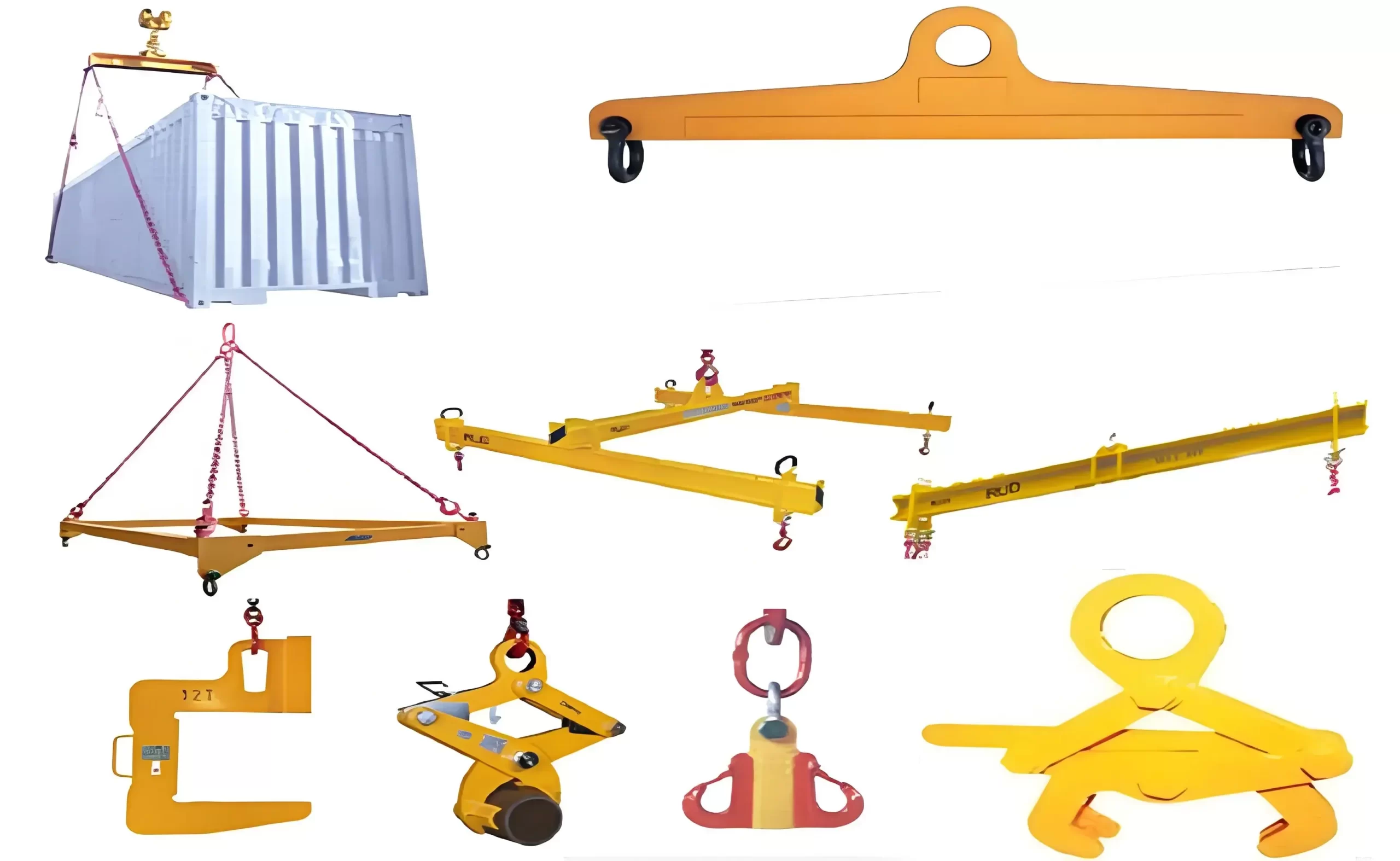In modern industrial production environments, the efficiency and flexibility of material handling are key factors determining the smoothness of production processes. The KBK lightweight crane, with its unique modular design concept, provides enterprises with efficient, flexible, and reliable handling solutions.
What is a KBK Lightweight Crane?
A KBK lightweight crane, also known as a modular crane system, is made up of multiple standardized modular components, including tracks, beams, columns, trolleys, and electric hoists. These modules can be flexibly combined to create a lightweight crane system that adapts to various operational scenarios.
KBK cranes are widely used in industries such as mechanical manufacturing, automotive, electronics, logistics, and warehousing, and are suitable for tasks like material handling, component assembly, and equipment maintenance.
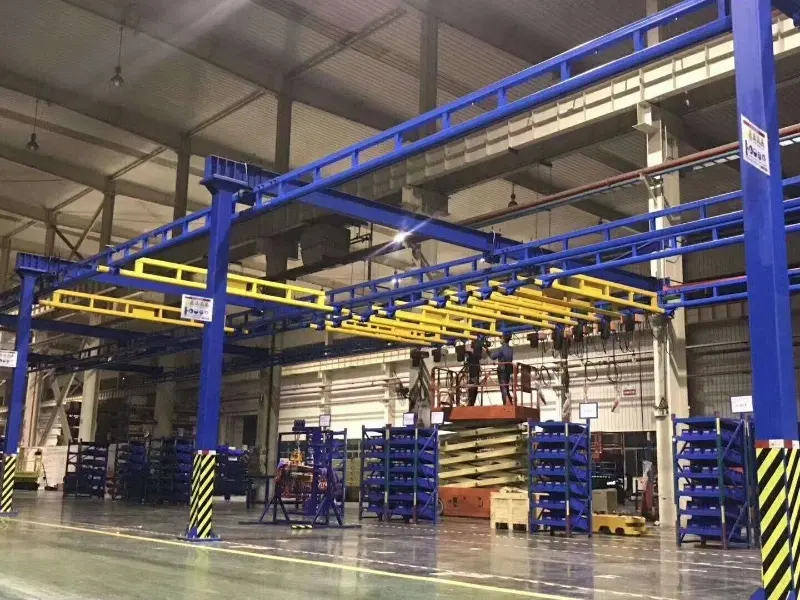
Advantages of Modular Design
Flexibility
The modular design of the KBK crane provides high flexibility. Enterprises can freely select and combine various modular components based on their plant layout, production processes, and handling requirements. Whether it’s a linear, curved, circular, or multi-span crane layout, it can be easily achieved through simple assembly and installation. This flexibility allows the KBK crane to seamlessly integrate into existing production environments without the need for major plant modifications.
Scalability
KBK cranes offer excellent scalability due to their modular design. Enterprises can easily upgrade and expand their crane systems by adding track length, setting up branch tracks, increasing lifting capacities, or adding trolleys. This makes system expansion simple and cost-effective.
Easy Installation and Maintenance
The modular components of the KBK crane are standardized, ensuring good interchangeability and universality. The installation process is quick and straightforward. Typically, a small KBK crane can be installed and put into use within a short period. Additionally, the modular design simplifies maintenance and repairs. If a component fails, maintenance personnel can quickly locate the faulty part and replace it with a spare of the same model, significantly reducing downtime.
Safety
KBK cranes are designed and manufactured in strict compliance with relevant safety standards and regulations. The modular components are precision-manufactured and rigorously tested to ensure the structural strength and stability of the equipment. The crane’s running mechanisms, braking systems, and electrical control systems all use advanced technologies and reliable components to prevent accidents during operation.
Achieving Efficient Handling
High Operational Efficiency
KBK cranes have relatively high operating speeds, enabling quick transportation of materials from one location to another. The trolley and hoist mechanisms use advanced drive technologies, ensuring smooth, noise-free operation and improving the comfort of operators. The crane can be controlled manually or remotely via a controller or automated system. Automated KBK cranes can carry out material handling tasks according to preset programs, further improving efficiency and reducing manual intervention.
Precise Positioning
The modular design of the KBK crane enables precise positioning. By strategically arranging tracks and adjusting trolley parameters, the crane can accurately transport materials to specified locations. This is particularly significant in production processes requiring high precision, such as component assembly and mold changes.
Space-saving
Compared to traditional crane systems, KBK cranes have a compact structure and occupy less space. The running tracks can be installed on the ceiling or walls of the plant, saving valuable ground space and enabling efficient material handling.
Applications of KBK Lightweight Cranes
Automotive Manufacturing
In automotive manufacturing workshops, KBK cranes are widely used for body welding, component assembly, engine hoisting, and other tasks.
Electronics Manufacturing
The lightweight KBK crane is ideal for handling small components and equipment in electronics manufacturing plants.
Logistics and Warehousing
In the logistics and warehousing industry, KBK cranes are primarily used for cargo loading, unloading, and stacking. With the integration of shelving systems, KBK cranes facilitate vertical storage and fast retrieval of goods.
Machining Industry
In machining workshops, KBK cranes are used for lifting raw materials, semi-finished products, and finished goods.
As industrial automation and smart technology continue to advance, KBK cranes, with their modular design flexibility, high handling efficiency, and broad application prospects, have become indispensable equipment for efficient material handling across various industries.

